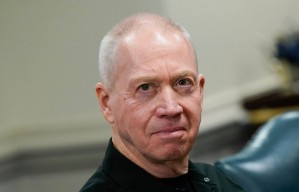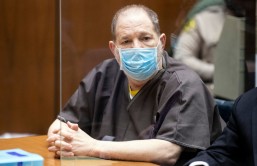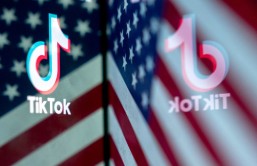Cracks on the taxiway and water forming pools that planes must drive through are just a few of the problems plaguing Kuala Lumpur International Airport's new budget passenger terminal, which is literally sinking.
Though take offs and landings haven't been affected, the defects could cause flight delays, increase wear and tear on planes and pose potential safety risks, according to AirAsia Bhd., the new terminal's biggest user. Air Asia has asked Malaysian authorities to fix the problems before passengers get hurt, reports Bloomberg Business.
"The airport is still sinking," AirAsia Chief Executive Officer Aireen Omar said. Malaysia Airports Holdings Bhd., "has done some partial resurfacing, but what the airport actually needs is a permanent solution," she added.
Complaints about the new terminal come during a particularly difficult phase of Malaysia's aviation industry. In the past two years Flight MH370 disappeared (and still hasn't been found) and a plane was shot down over Ukraine.
"Since MH370, a lot of shortcomings have been found. The authorities haven't done enough to address these shortcomings, not enough to put them on par with the First World," said Shukor Yusof, founder of Singapore-based consultancy Endau Analytics about in Malaysia's aviation infrastructure, reports The Edge Markets.
klia2, as the new terminal is known, has cost the country about 4 billion ringgit. An initial estimate price the structure at about 1.7 billion ringgit ($446 million).
An independent audit committee has been set up on the order of the Transport Ministry, which will submit a report on the matter soon.
Citing concerns over flight operations and security, AirAsia had initially refused to move when klia2 opened in May 2014. It was only after the government said it would stop immigration and customs services at the old budget terminal that the carrier agreed.
"We should never have moved. I was right, the management of AirAsia was right: You should have let the ground settle, fix it, then move," Tony Fernandes, AirAsia's co-founder and group CEO, told Straits Times.








